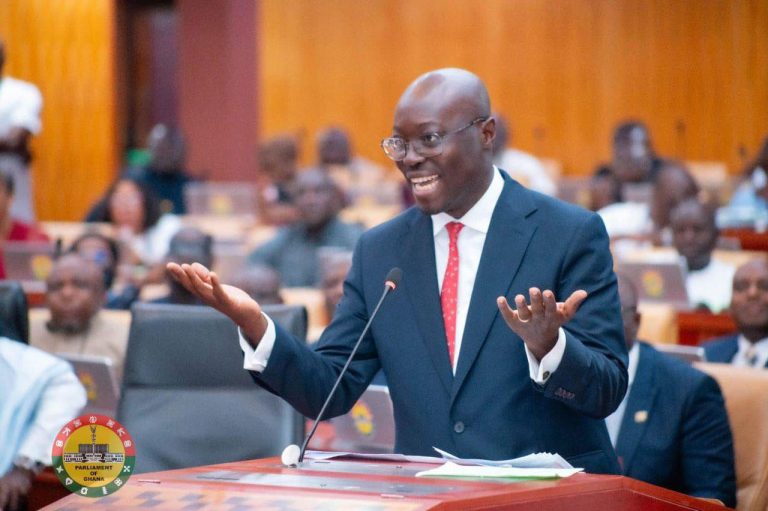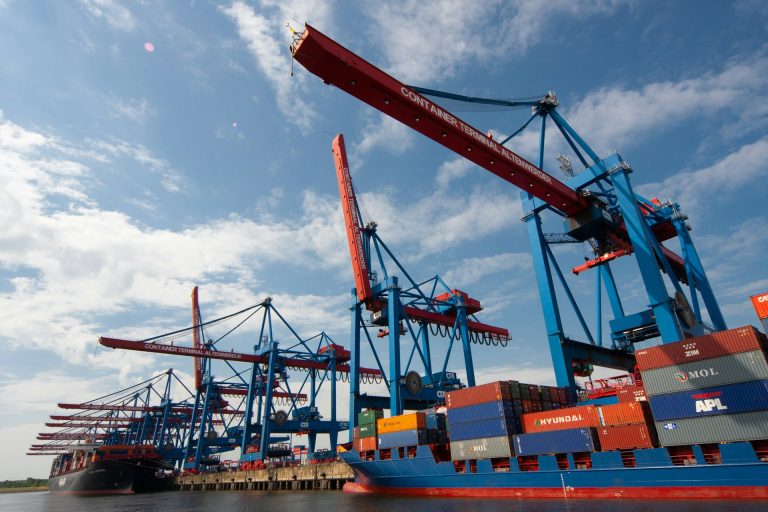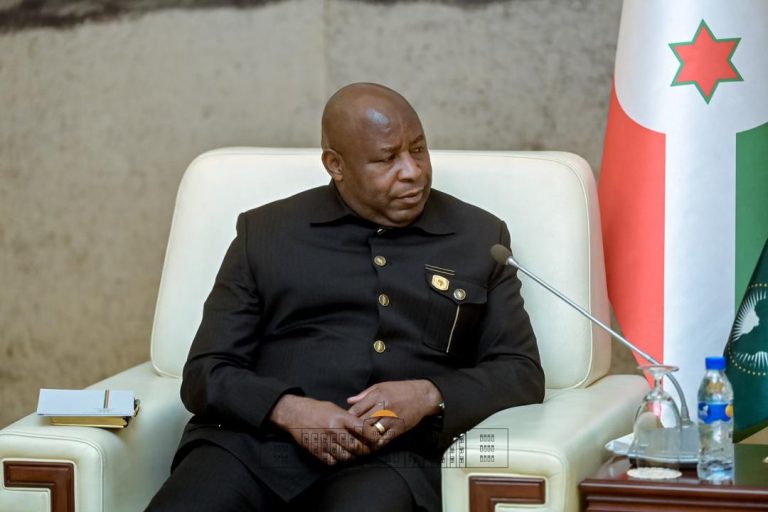- Nigeria’s inflation slows for seventh consecutive month
- CBN weighs a second rate cut as prices ease
ABUJA, NIGERIA – Nigeria’s annual inflation eased for a seventh straight month in October, dropping to 16.05% from 18.02% in September, bolstering expectations for another rate cut.
Month-on-month inflation, however, edged up to 0.93% from 0.72% the previous month, while food inflation fell sharply to 13.12% from 16.87% in September, according to new figures released by the National Bureau of Statistics. Core inflation also slowed, declining to 19.53% from 20.33% in August.
The improvement has sharpened speculation ahead of the CBN’s Monetary Policy Committee meeting on 24–25 November. The bank made its first rate cut in five years in September, trimming the benchmark by 50 basis points to 27% as inflation began to cool. With food prices continuing to fall – long the most stubborn inflation driver – analysts say policymakers may be persuaded to take another step.
Central Bank of Nigeria (CBN) Governor Olayemi Cardoso has repeatedly highlighted the role insecurity plays in hampering food supply in northern and central Nigeria. Insurgent groups have disrupted farming communities for years, driving up food costs. Nigerian security forces, however, have recently intensified counter-insurgency operations, arresting senior jihadist commanders and reclaiming agricultural areas.
What’s driving the slowdown?
The easing inflation trend follows the sharp spike that peaked at 34.6% after President Bola Tinubu removed fuel subsidies and allowed a steep devaluation of the naira — reforms that triggered months of painful price increases. Although inflation has since moderated, the CBN had been cautious about shifting policy due to global risks, including U.S. tariff tensions and broader geopolitical uncertainty.
Now, several domestic indicators have turned favourable. The naira continues to strengthen, recently trading below the government’s 2025 budget target of ₦1,500 to the dollar. Fuel prices, after surging when subsidies were scrapped, have gradually declined despite temporary disruptions caused by an oil workers’ strike in late September. Stabilising energy costs are helping to ease pressure on transport and logistics, two major contributors to price levels.
With the latest decline, Tinubu’s target of reducing inflation to 15% — set during his 2025 budget presentation — appears increasingly within reach if current trends persist.
Still, the International Monetary Fund remains cautious. Its most recent outlook forecasts Nigeria’s inflation slowing further but only reaching 18% in 2026. For 2025, the IMF predicts average inflation of 23%, though it has upgraded Nigeria’s growth projection to 4.2% from 3.9%, citing improving macroeconomic conditions.
As policymakers head into this month’s meeting, the key question is no longer whether inflation is easing — but whether the CBN believes the trend is strong enough to justify a second rate cut in just three months.











